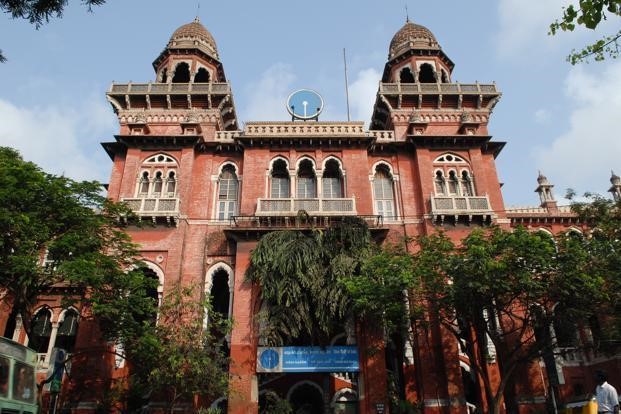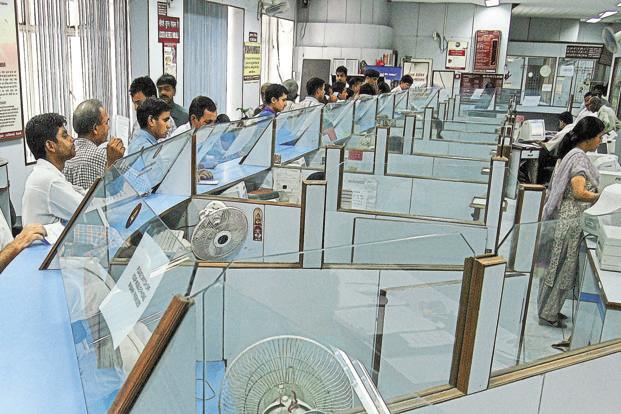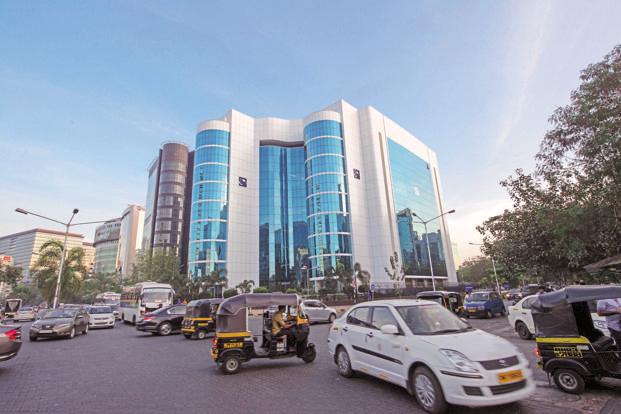Mumbai: The California-based subsidiary of State Bank of India (SBI), the nation’s largest lender, has been forced to clean up its books and tighten procedures after US regulators took exception to certain banking practices mainly related to loans turning bad, avoiding the setting aside of money for such bad assets or providing for them, and even making fresh loans to borrowers to pay off old debt.
The unit has to provide for all bad loans, stop giving new loans that the borrowers can use to pay off old loans, bring down the level of bad assets “to an accepted level” in accordance with the plan of its board and streamline know your customer (KYC) norms, among other measures sought by the Federal Deposit Insurance Corporation (FDIC) and the California Department of Financial Institutions (CDFI).
FDIC is a US government agency that provides deposit insurance and examines certain financial institutions for safety and soundness while CDFI regulates California’s banking system.
SBI California executed a consent order with the two agencies on 6 March. A consent order doesn’t imply admission or denial of the accusations, which stemmed from a report the two agencies filed on 18 June 2012 after an inspection.
The deadline for achieving the targets varies between 30 days and 120 days from 20 March, when the two agencies accepted the SBI subsidiary’s plea for consent.
“Violation of any provisions of this order will be deemed to be conducting business in an unsafe and unsound manner, and will subject the bank to further regulatory enforcement action,” said the order, signed by Kathy L. Moe, deputy regional director (risk management) at FDIC, and Scott D. Cameron, chief examiner of CDFI. Mint has reviewed the order.
Hemant Contractor, SBI managing director and head of international operations, said: “The bank has taken a number of steps in the last one year to implement the suggestions of the local regulators. We expect to come out of the consent order soon.”
According to a senior Indian banker in the US, the genesis of the trouble was SBI’s aggressive loan book expansion after 2009 when the world witnessed an unprecedented credit crunch following the collapse of US investment bank Lehman Brothers in September 2008. He declined to be named.
The California subsidiary gave loans to real estate and hotel projects and quite a few of them turned bad, with the level of non-performing assets (NPAs) rising to 7%. It has since dropped to around 4%.
The California subsidiary has an asset base of around $700 million and a loan book of a little more than $450 million. Overall, SBI’s international assets at $42 billion account for about 17% of its loan book, but their contribution to the bank’s profit is close to 19%. Gross NPAs on its global books were 1.61% of loans in December against 2.20% a year ago, but this is expected to have risen to 1.78% in the quarter ended March.
SBI California, registered as a community bank, has nine branches across the state of California and one in Washington, DC.
The regulators have instructed the bank to eliminate from its books, by “charge-off” and “collection” (and not write-offs) all assets that the bank has classified as “loss”, but have not been previously collected or charged off.
“Elimination of these assets through proceeds of other loans made by the bank is not considered collection for the purpose of this paragraph,” they said.
“Beginning with the effective date of this order, the bank shall not extend, directly or indirectly, any additional credit to, or for the benefit of, any borrower who has a loan or other extension of credit from the bank that has been charged-off or classified, in whole or in part, ‘loss’ and is uncollected,” they said.
“The bank is to develop a written plan, approved by the board for systematically reducing the level of non-performing assets and/or assets listed on the bank’s watch list to an acceptable level,” the regulators added.
According to a senior SBI official, who did not want to be named, the authorities will review the bank’s operations in June. After that, it might take a year before the regulators give the bank a clean chit, he said. Until then, the bank cannot open any new branches or other offices or enter into any new lines of business.
It has also been asked to draw up a plan for the retention of profits for the next three years.
The present chief executive of the lender’s California subsidiary is Thirumalai Appan.
The president and chief operating officer is a local hire.
The order further adds: “Each member of management shall have qualifications and experience commensurate with her or her duties and responsibilities at the bank” and the CEO should have a “proven ability in managing a bank of comparable size and risk profile.”
This is the first instance of an SBI US subsidiary coming under the scanner of regulators after 2001 when the US Federal Reserve issued a “cease and desist” order to SBI on its operations in the country and imposed a monetary penalty, suspecting that the bank did not comply with local regulations, which may have led to money laundering.
A cease and desist order is a severe stricture, but does not necessarily mean the closure of operations. The bank then had to pay a penalty and give an undertaking by signing a memorandum of understanding with the US regulators that it would fully comply with local laws.
Apart from the California subsidiary, SBI has branches in Chicago and New York, and three representative offices in Los Angeles, Washington, DC and New York.
Among other Indian banks, Bank of India has two branches in the US, while Bank of Baroda and ICICI Bank Ltd have one each.
SBI is present in 34 countries through 178 branches, subsidiaries and representative offices. Bank of Baroda follows SBI with 72 offices.
Overall, Indian banks have 285 global offices.
SBI stock rose 1.4% to close at Rs.2,256.35 on BSE on Tuesday. Its global depositary receipts closed at $84.20, up 0.6% on the London Stock Exchange.



